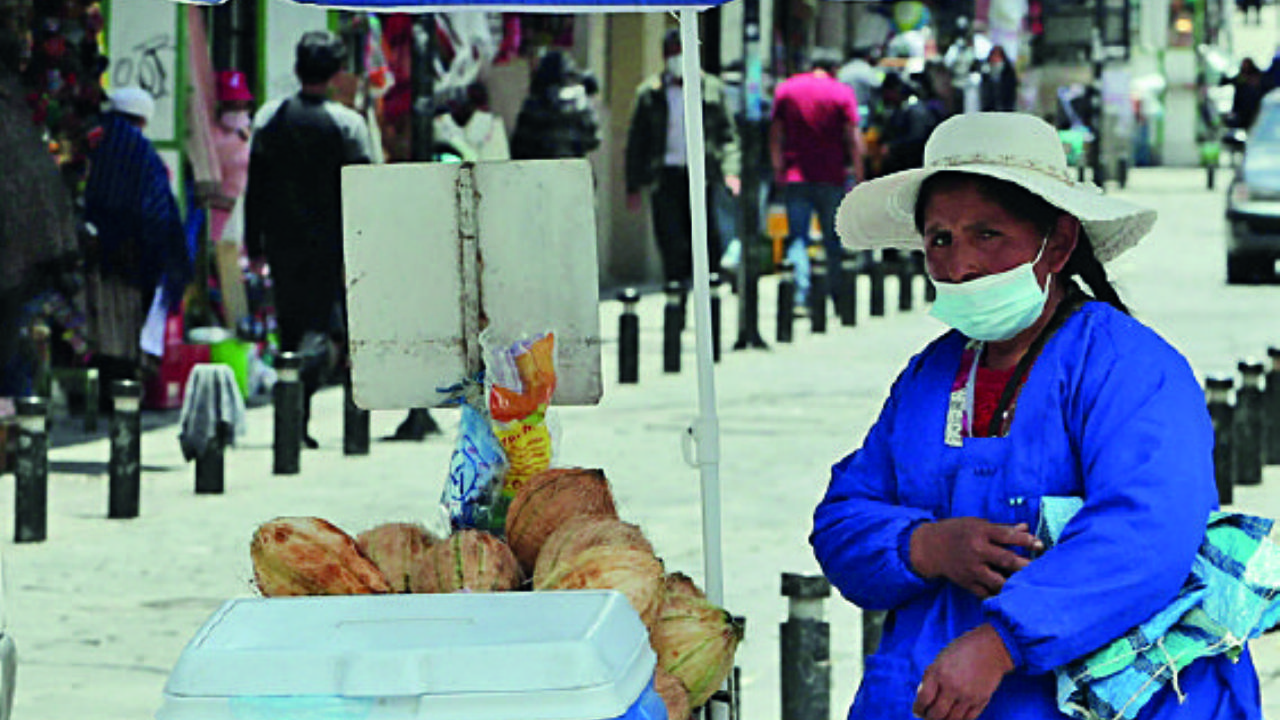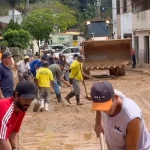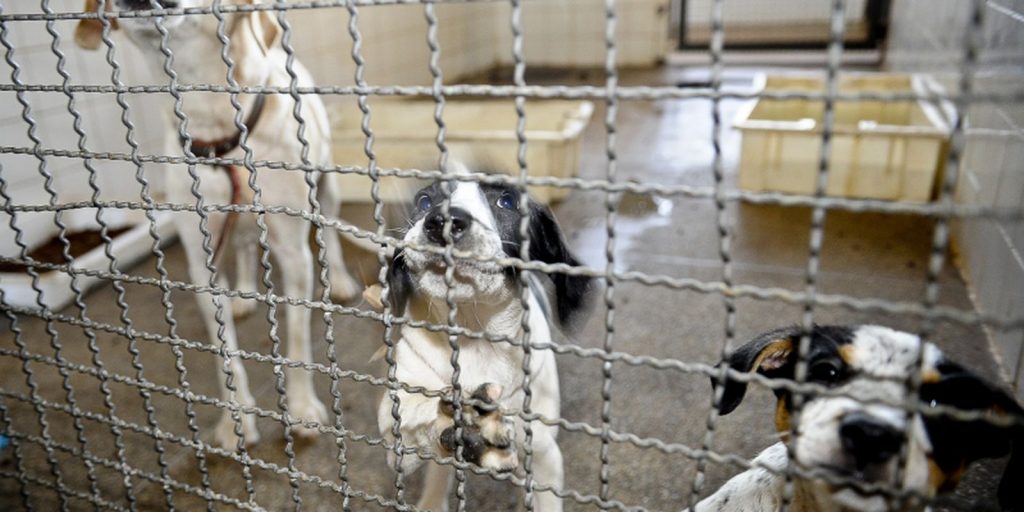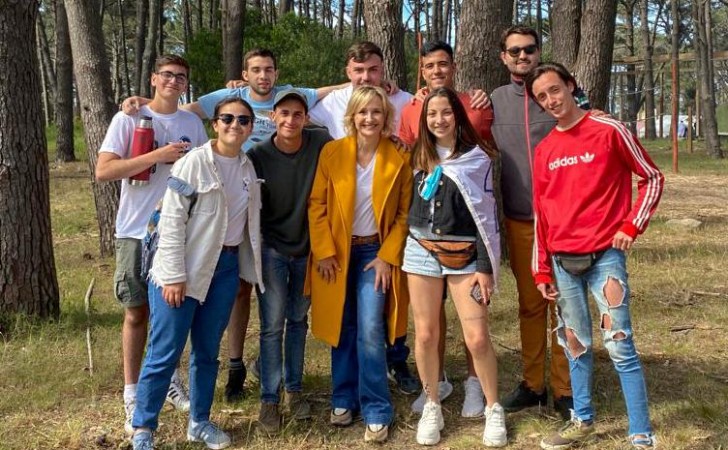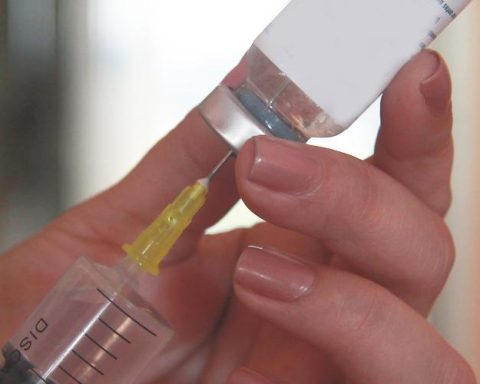EFE / La Paz
The Bolivian economy showed signs of recovery due to the reactivation of international markets and some policies of the Luis Arce government. After a year of his inauguration, he has the challenge of ensuring that growth is sustainable and informality is reduced.
Arce, Minister of Economy of Evo Morales, is identified by the ruling party as the “father of the economic miracle” by which Bolivia achieved an unusual growth between 2006 and 2014. A highlight that the president attributes to the “economic social productive community” model of your party.
His critics often remind him that this happened in a favorable context, with high prices of raw materials. Then there was a noticeable decline from 2015, when reserves began to decline, growth was lower and the deficit increased.
One of Arce’s promises was to recover an economy hit by the pandemic. A worldwide phenomenon, although the president usually attributes the blame entirely to the transitory government of Jeanine Añez.
Its first measures were the payment of a bonus to adults without salary, the elimination of several restrictions due to the pandemic, the creation of a tax on large fortunes and credits to the productive sector with preferential rates.
Arce has highlighted as a sign of recovery the 9.36% of economic growth in the first half of 2021. But, informality in Bolivia ranges between 70 and 80% and experts warned that the pandemic contributed to the precariousness of jobs .
